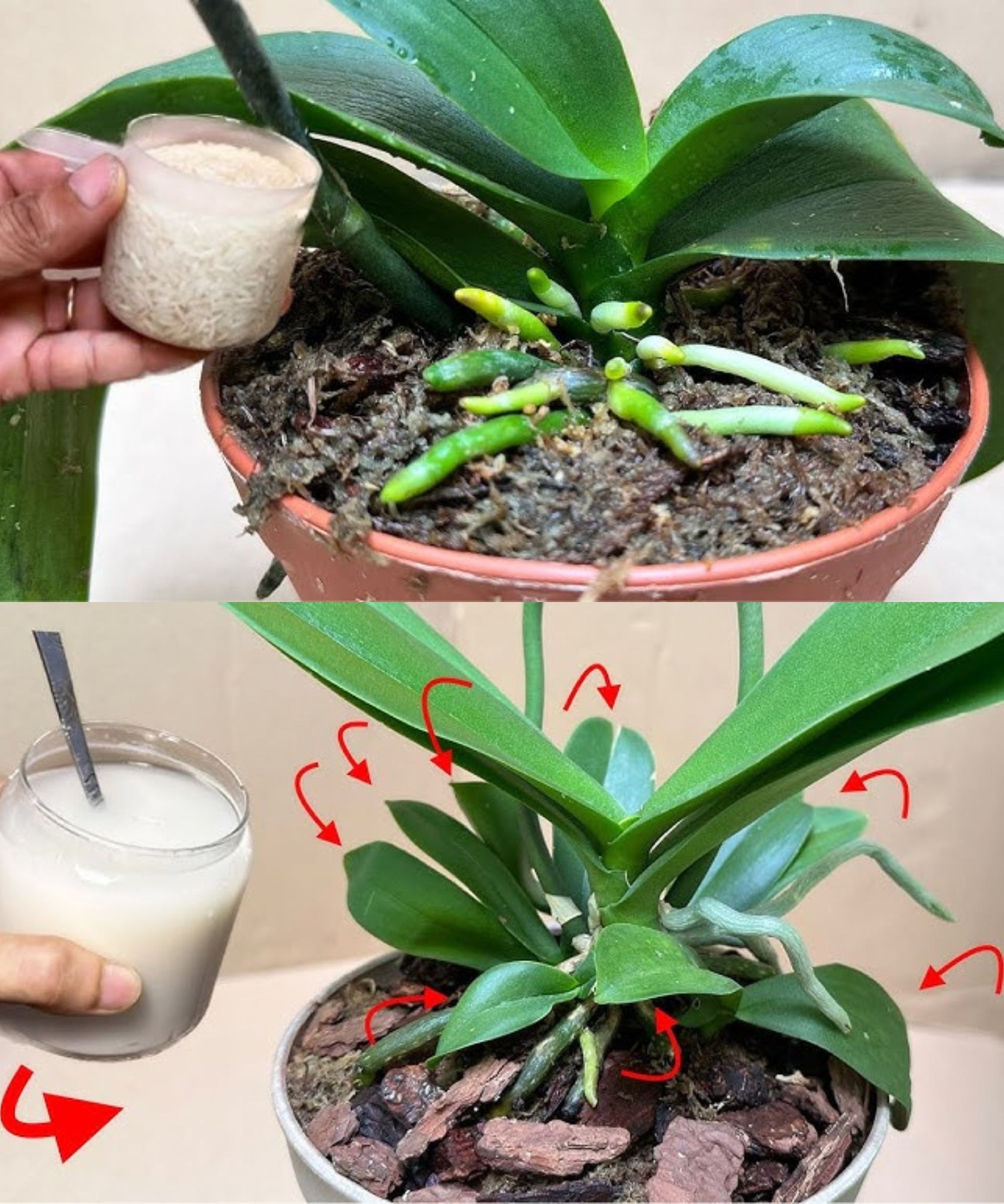
Utilizing rice as a fertilizer for orchids presents a sustainable and economical method to nurture these delicate plants. Here’s how to employ this innovative approach:
- Choose Quality Rice: Opt for uncooked, whole-grain rice, such as brown or wild rice, as they contain more nutrients than refined white rice. Avoid flavored or seasoned varieties, as additives may harm the orchids.
- Prepare the Rice: Begin by soaking the rice in water for several hours or overnight. This softens the rice grains and initiates the breakdown of nutrients, making them more accessible to the orchids.
- Create Rice Water: After soaking, strain the rice and collect the water. This rice water is rich in beneficial nutrients, including carbohydrates, vitamins, and minerals, which can enhance orchid growth and flowering.
- Apply Rice Water: Dilute the collected rice water with additional water to create a weak rice water solution. Use this solution to water your orchids during their regular watering schedule, typically once every one to two weeks.
- Monitor Plant Response: Observe the orchids’ response to the rice water fertilizer. Look for signs of improved growth, such as vibrant foliage, robust stems, and increased flowering. Adjust the frequency and concentration of rice water accordingly based on the orchids’ needs.
- Complement with Other Nutrients: While rice water provides valuable nutrients, it may not fulfill all of the orchids’ nutritional requirements. Supplement the rice water fertilizer with occasional applications of a balanced orchid fertilizer to ensure comprehensive nutrition.
- Maintain Proper Care: In addition to fertilization, maintain optimal growing conditions for your orchids, including adequate sunlight, appropriate watering, and proper ventilation. Healthy orchids are better equipped to utilize nutrients effectively.
- Reuse Rice Water: Maximize sustainability by reusing rice water from cooking as a fertilizer for your orchids. Simply collect the water used to rinse rice before cooking, strain out any debris, and dilute it before application.
- Experiment and Adapt: Every orchid species and growing environment is unique, so experiment with rice water fertilization to determine the best approach for your plants. Be open to adjusting your methods based on the orchids’ responses and changing conditions.
By harnessing the nutrients present in rice water, you can provide your orchids with a natural and cost-effective fertilizer that promotes healthy growth and blooming. Embrace this sustainable gardening technique and enjoy the beauty of thriving orchids in your home or garden.
